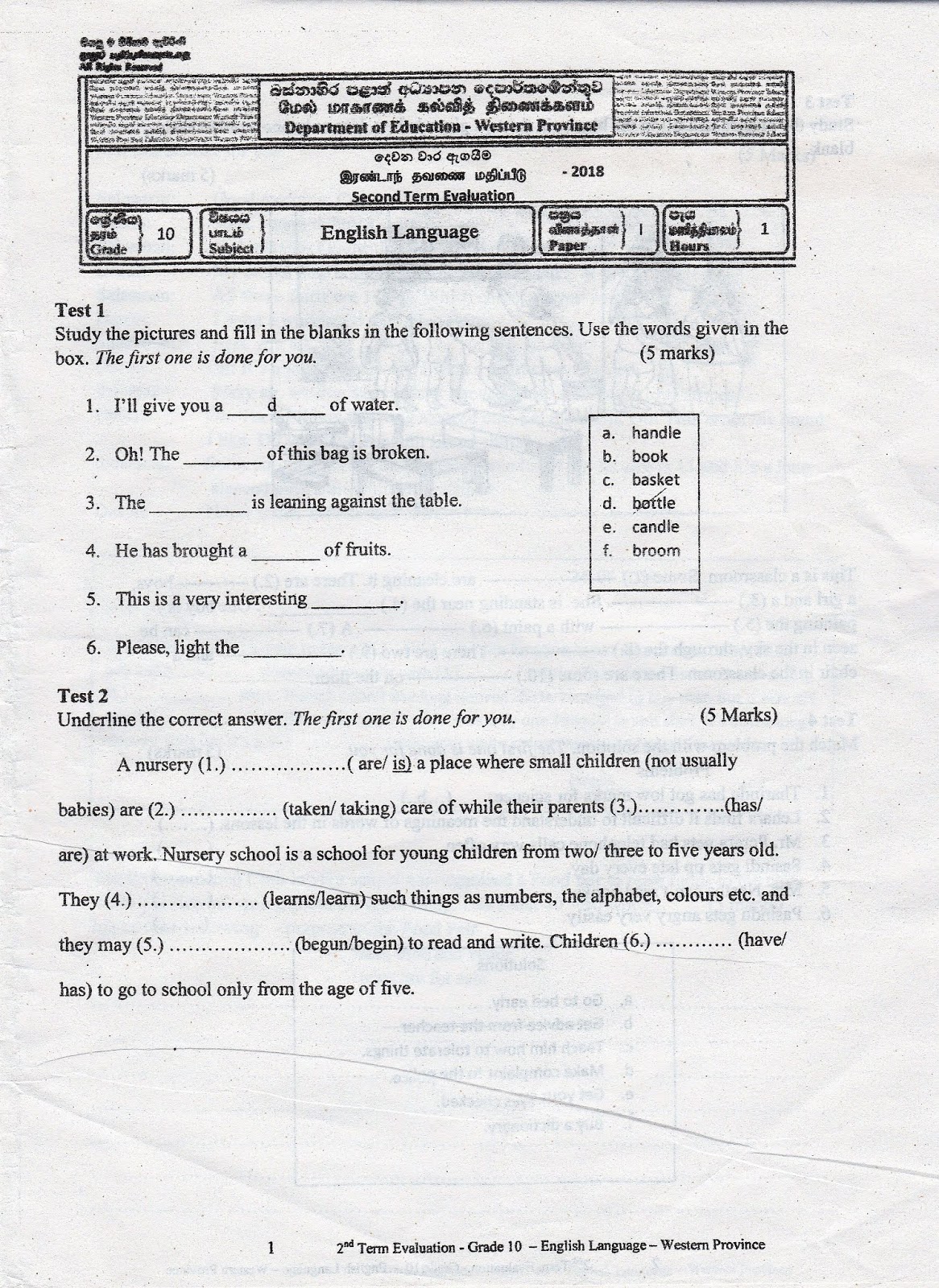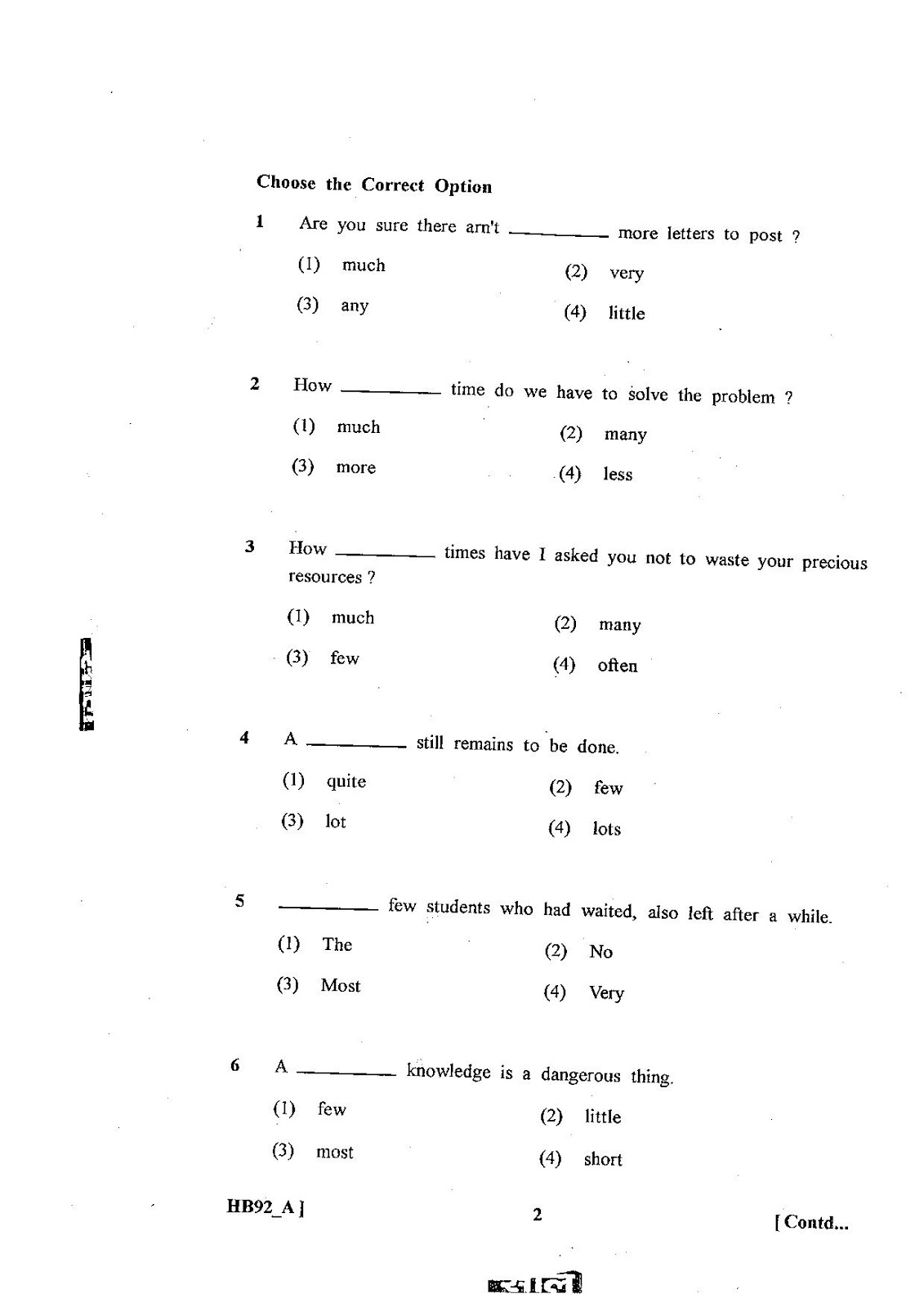Unlocking the Secrets of Old English Language Documents

Have you ever been captivated by the mystique of ancient languages? Imagine holding a piece of history in your hands, a document written in the language of Beowulf, a language that echoes through the centuries. Old English language documents offer a unique window into the past, revealing the thoughts, beliefs, and daily lives of people who lived over a thousand years ago.
These ancient texts, often preserved on parchment or vellum, are more than just historical artifacts. They are linguistic time capsules, preserving not just words, but also the cultural and societal nuances of a bygone era. Studying these documents unveils the evolution of the English language itself, showcasing its rich Germanic roots and the influences that shaped it into the language we speak today. From legal codes to poems and riddles, these papers offer a diverse range of insights.
Old English, also known as Anglo-Saxon, flourished from roughly 450 AD to 1150 AD. It's the ancestor of Modern English, but differs significantly in vocabulary, grammar, and pronunciation. Understanding Old English documents requires dedicated study, but the rewards are immense. They offer a glimpse into the minds of our linguistic ancestors, allowing us to connect with their stories and experiences on a profound level.
Navigating the world of Old English language manuscripts can be challenging. Resources like specialized dictionaries, grammar guides, and online forums can be invaluable. Many universities and institutions also offer courses and programs dedicated to the study of Old English, providing expert guidance and a supportive learning environment.
One of the key challenges in studying Old English documents is the variation in dialects and handwriting styles. Scribes in different regions of England employed slightly different spellings and grammatical structures, adding another layer of complexity to the interpretation of these texts. Paleography, the study of ancient writing, is essential for deciphering the various scripts used in these manuscripts.
The history of Old English documents is intertwined with the history of England itself. From the earliest inscriptions on runestones to the meticulously copied manuscripts of monasteries, these documents chronicle the development of literacy and the spread of Christianity in Anglo-Saxon England. They preserve epic poems, religious homilies, legal records, and even everyday accounts, providing a rich tapestry of life in this era.
The importance of preserving and studying these documents cannot be overstated. They are vital for understanding the development of the English language, literature, and culture. They offer invaluable insights into the social, political, and religious landscape of early England, shaping our understanding of the foundations of modern Western civilization.
One example of an important Old English document is the epic poem Beowulf, a tale of heroism and monster slaying. Another is the Anglo-Saxon Chronicle, a collection of historical annals that document significant events in English history. These documents, along with countless others, provide a rich source of information for scholars and historians.
Advantages and Disadvantages of Studying Old English Documents
While studying these historical texts is rewarding, it also presents certain challenges.
| Advantages | Disadvantages |
|---|---|
| Deepen understanding of English language evolution | Requires specialized knowledge and resources |
| Access to unique historical and cultural insights | Varied dialects and handwriting can be challenging |
| Connect with the literary heritage of England | Limited access to original documents |
Frequently Asked Questions about Old English Language Documents:
1. What is the difference between Old English and Middle English? Old English is the earliest form of English, while Middle English emerged after the Norman Conquest.
2. Where can I find digitized Old English manuscripts? Many libraries and institutions have online collections.
3. What resources are available for learning Old English? Dictionaries, grammar books, and online courses are available.
4. What are some common mistakes to avoid when studying Old English? Avoid applying Modern English grammar rules to Old English.
5. Are there any online communities for Old English enthusiasts? Yes, forums and social media groups exist.
6. How can I improve my understanding of Old English pronunciation? Audio recordings and pronunciation guides can be helpful.
7. What are some key grammatical features of Old English? Old English features complex verb conjugations and noun declensions.
8. What are some common themes found in Old English literature? Heroism, religion, and fate are common themes.
Tips for studying Old English: Start with basic grammar and vocabulary, practice reading transcribed texts, and seek guidance from experts.
In conclusion, exploring Old English language papers offers a captivating journey into the heart of English linguistic and cultural history. These documents, though challenging to access at times, provide a unique lens through which we can understand the evolution of our language, the lives of our ancestors, and the foundations of our literary heritage. While studying these texts requires dedication and the use of specialized resources, the rewards are immense, fostering a deeper appreciation for the rich tapestry of the English language. Dive into the world of Old English documents and uncover the secrets they hold. Start your journey today and unlock the stories of the past.
Level up your online presence the ultimate guide to cool profile pictures for teen boys
Finding your perfect hue benjamin moore amsterdam ny
The allure of the free ice cream meme












